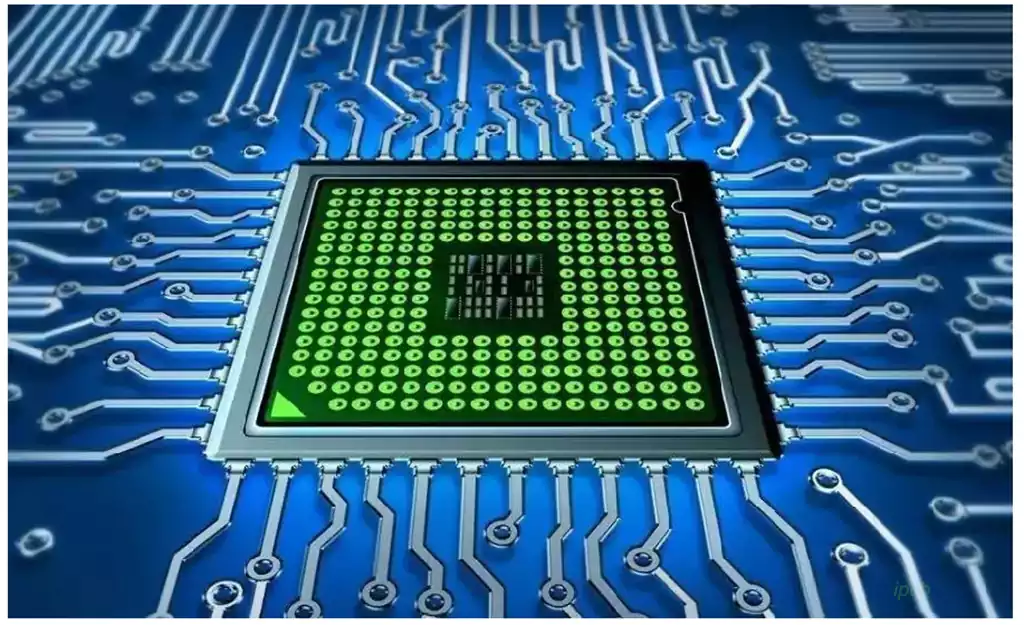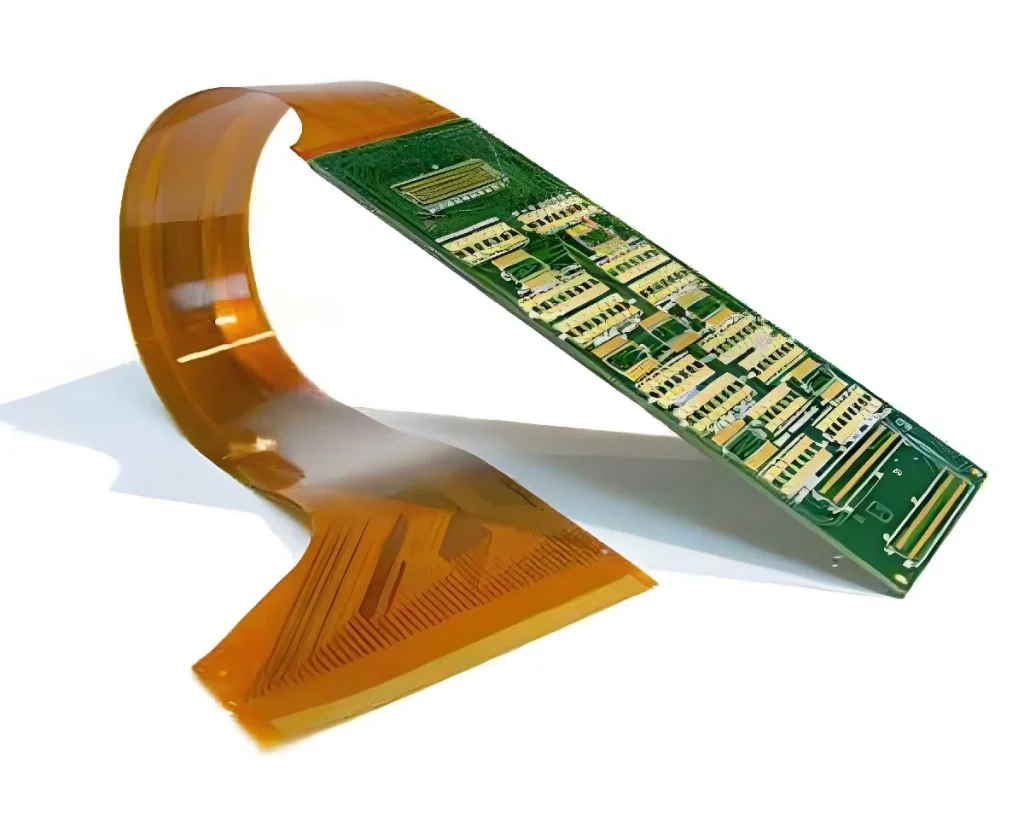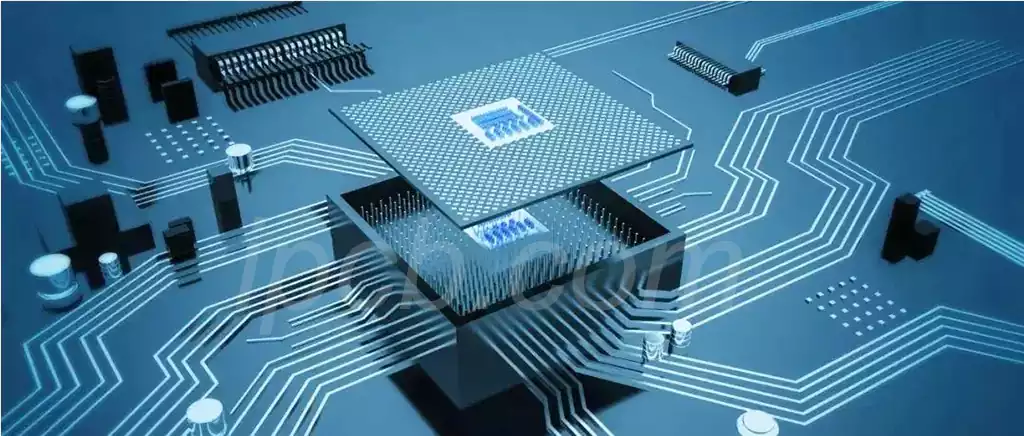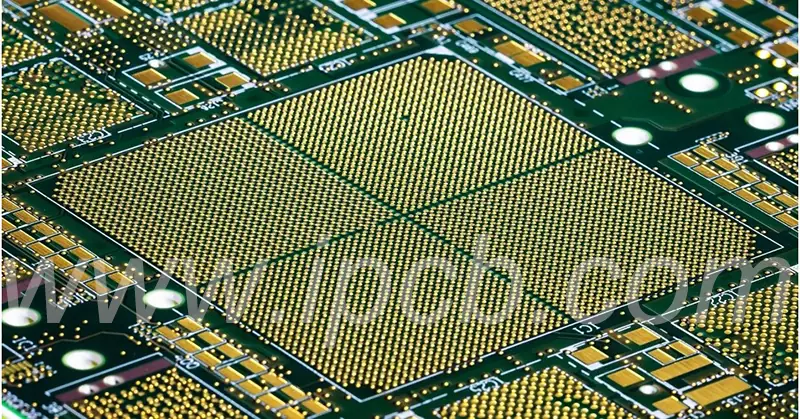A chip, also known as a microcircuit, microchip, or integrated circuit, is a silicon wafer containing an integrated circuit, which is small in size and often part of a computer or other electronic device. Chip (chip) is the semiconductor component products collectively, is the integrated circuit (IC, integrated circuit) carrier, divided by the wafer.
Semiconductor refers to the conductivity at room temperature between the conductor (conductor) and insulator (insulator) between the material. Such as diode is the use of semiconductor devices. Semiconductor is a conductivity can be controlled, the range can be from insulator to conductor between the material.
Common semiconductor materials are silicon, germanium, gallium arsenide, etc., and silicon is a variety of semiconductor materials, in the commercial application of the most influential one.
Connection:
Foundation and core: Semiconductor materials are the foundation of chip manufacturing. Chips are obtained through precision processing and manufacturing processes on semiconductor materials. In other words, without semiconductor materials, there would be no chips.
Common mission: Whether it is a chip or semiconductor materials, their common mission is to realize the efficient and stable operation of electronic equipment. They are both indispensable components of modern electronic devices that bring convenience to our lives.

Distinction:
Definition and properties: semiconductor materials are those materials whose conductivity is between conductors and insulators, and whose electrical properties are between metals and non-metals. Chips, on the other hand, are miniature electronic components that integrate multiple electronic components (such as transistors, capacitors, resistors, etc.) on a tiny piece of semiconductor material.
Role and Function: Semiconductor material is the raw material, which itself does not directly realize any specific electronic function. However, through sophisticated manufacturing processes, we can make chips out of semiconductor materials, which in turn realize a variety of complex electronic functions.
Applications: Although chips and semiconductor materials are both widely used in the electronic field, there are differences in their applications. Semiconductor materials are not only used in chip manufacturing, but also in optoelectronic devices, solar cells and other fields. Chips, on the other hand, are mainly used in electronic devices, such as computers, cell phones, televisions and so on.
Semiconductors vs chips are an important and indispensable part of modern technology. Although closely linked, they each play a different role and have different properties and application areas.



